UNITED FOR ALASKA
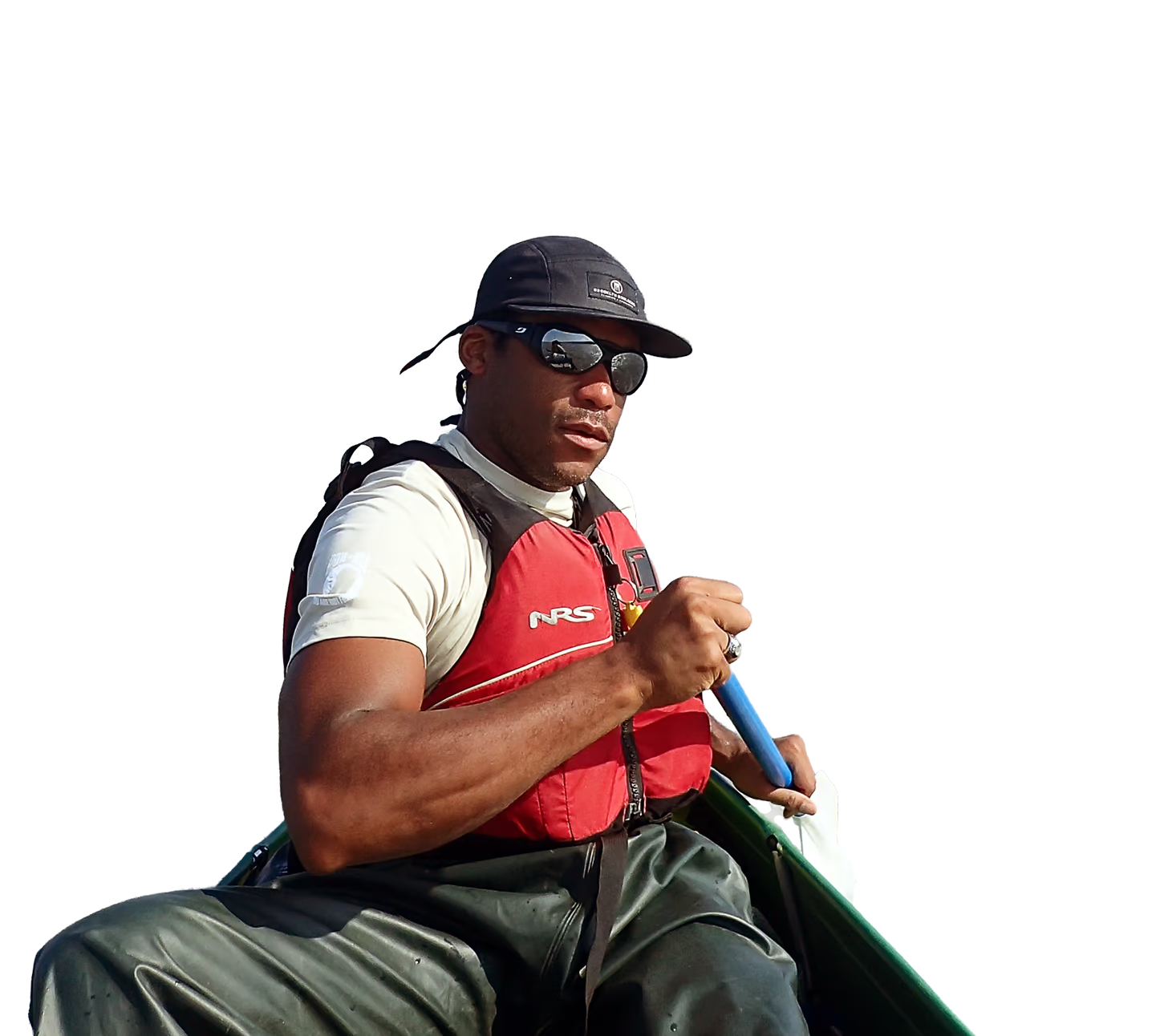
Alaska’s wild lands and waters are sacred, vast, and irreplaceable.
They are alive with cultures and ecosystems found nowhere else. Yet powerful industries continue to threaten these places, the communities who depend on them, and the global climate.
For more than three decades, Alaska Wilderness League has fought back, bringing together people from across the country and standing alongside Indigenous leaders to protect Alaska’s lands, waters, wildlife, and ways of life through strong, lasting federal protections.
United, we fiercely defend Alaska.
VICTORIES
Advocacy
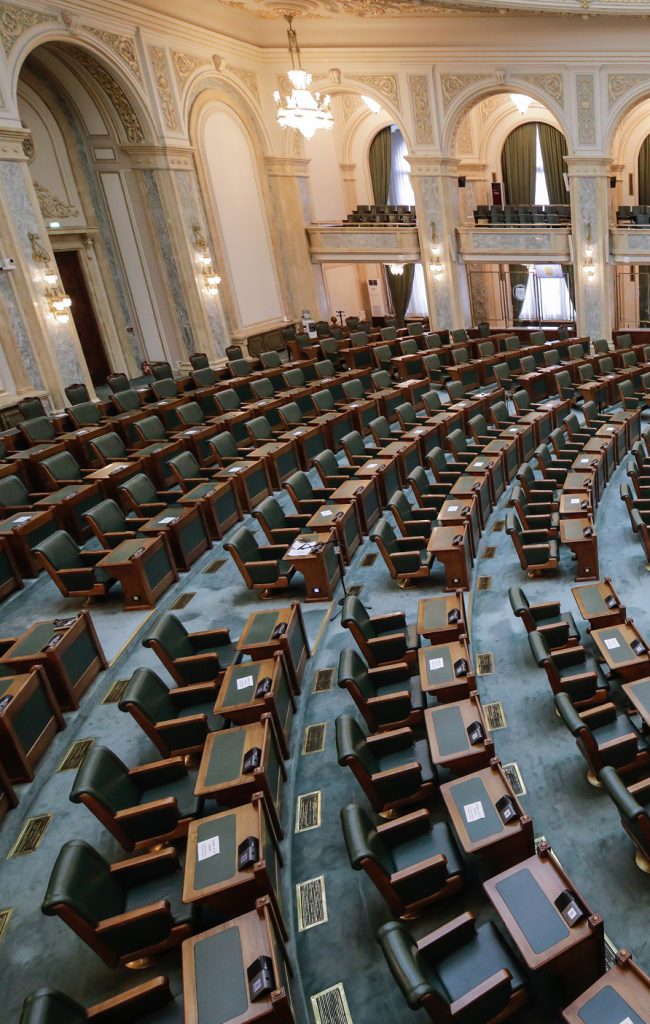
92 House members and 50 senators
co-sponsored a bill to protect some of Alaska’s most cherished wildlands and waters in 2024
Storytelling
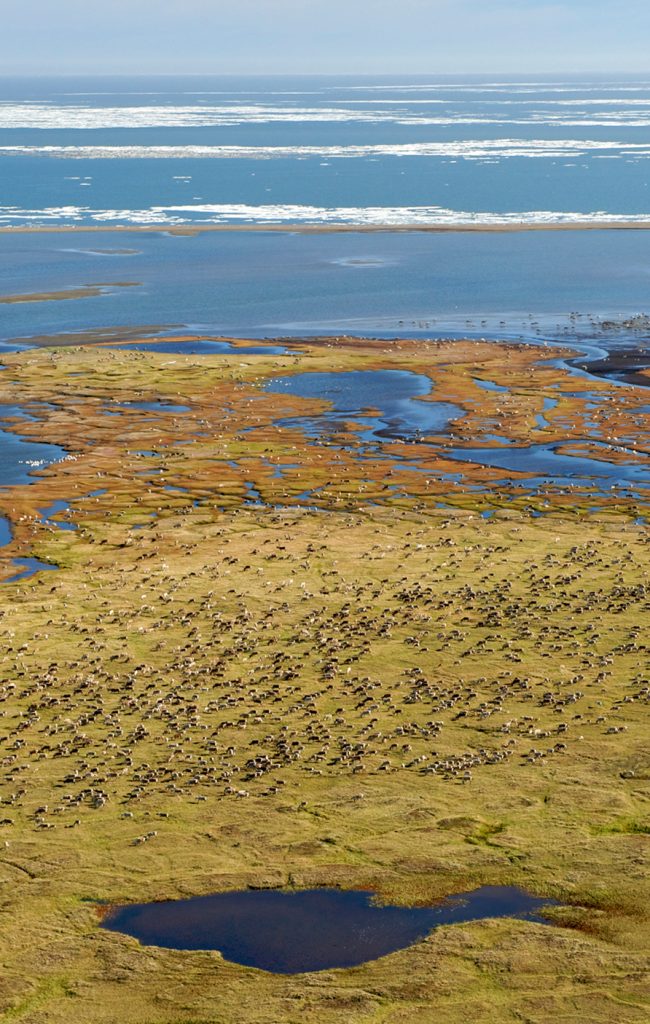
Reached millions worldwide
to share why Alaska’s wild legacy is worth defending
Action

170,000+
AWL members and supporters took action in 2024
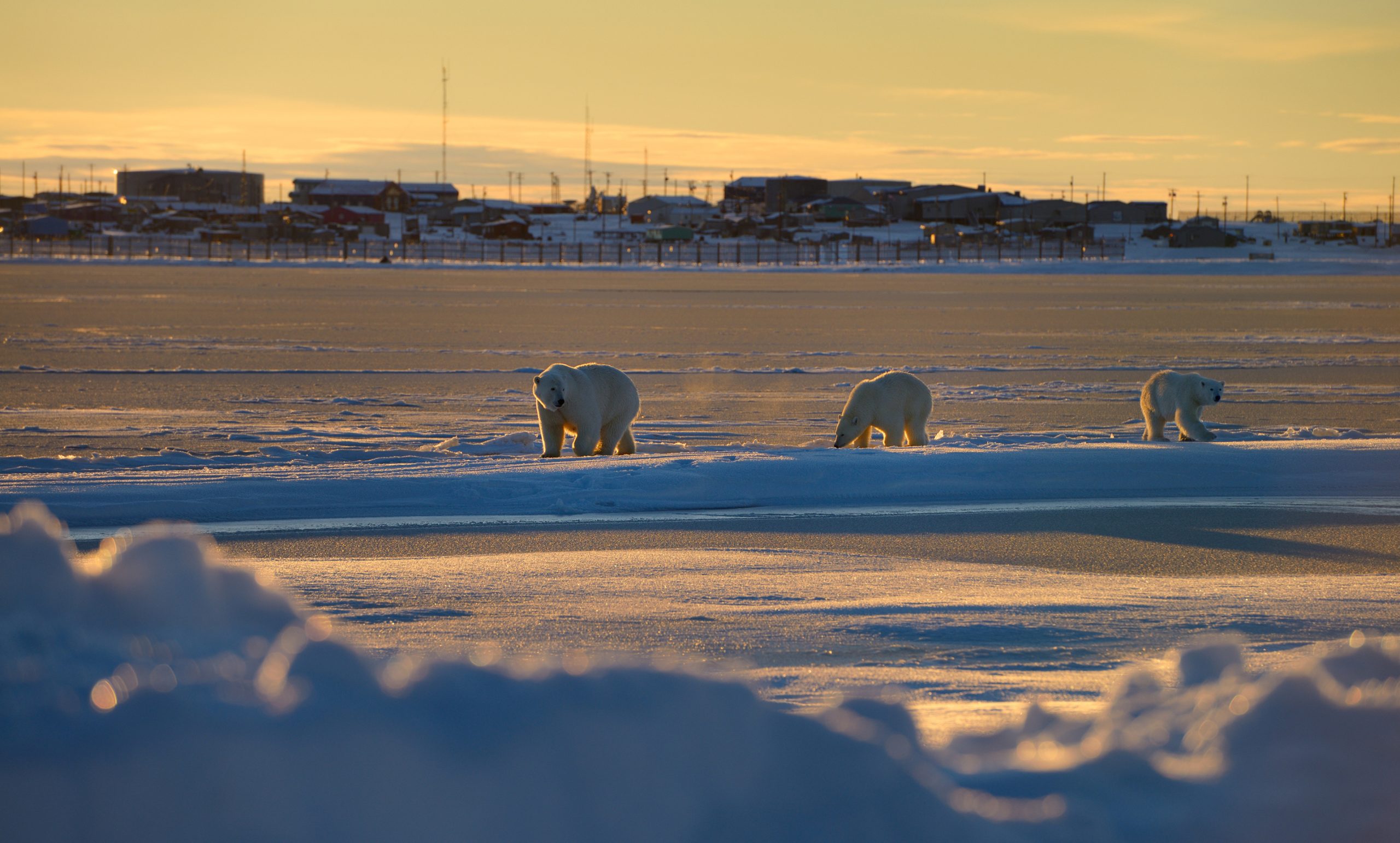
Defend Alaska
Protect Alaska’s Wild Lands
Alaska’s wild places face relentless threats from oil, gas, and mining. Your donation funds the legal challenges, policy campaigns, and advocacy that hold corporations and government accountable—ensuring these lands remain protected for generations.
Protect Alaska’s Wild Lands
Alaska’s wild places face relentless threats from oil, gas, and mining. Your donation funds the legal challenges, policy campaigns, and advocacy that hold corporations and government accountable—ensuring these lands remain protected for generations.
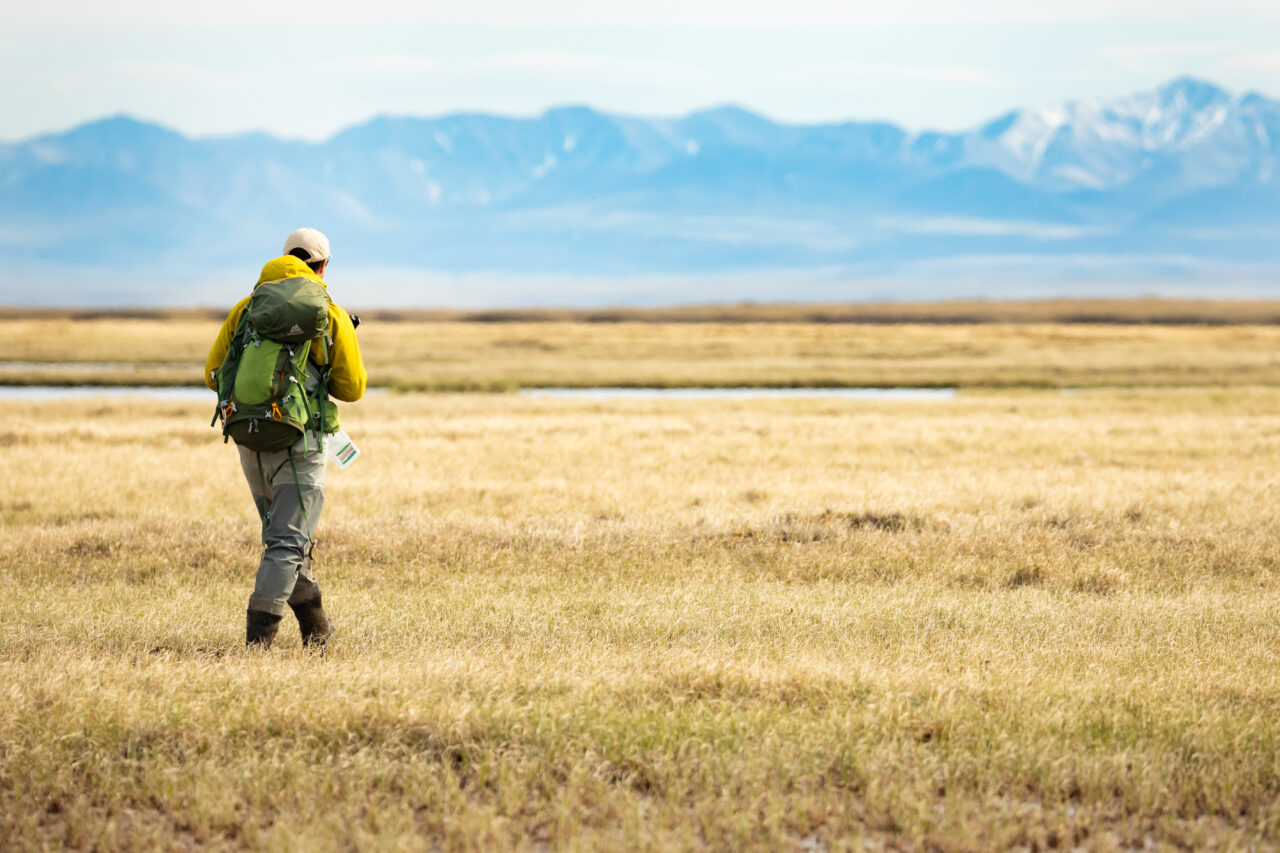
How You Can Stop Drilling in the Arctic Refuge
If you need proof that Arctic drilling has become an act of desperation, look no further than what just happened. The federal government has opened a 30-day “call for…
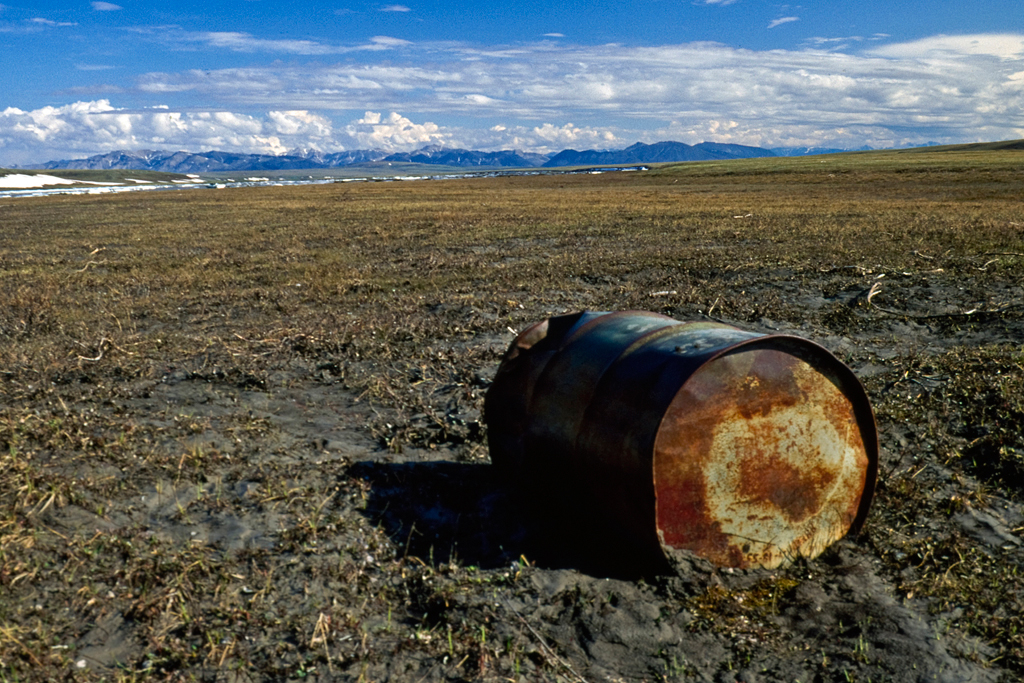
Stuck in the Past: Why Companies Are Scraping the Bottom of the Arctic Barrel
The Trump administration’s latest “big, beautiful” energy giveaway mandates lease sales in both the Arctic National Wildlife Refuge and the Western Arctic by July 2026. That means we…